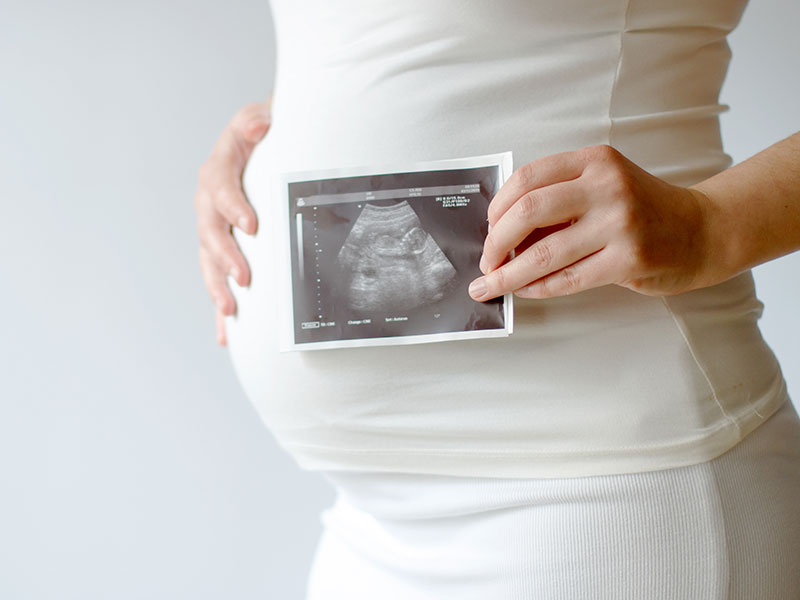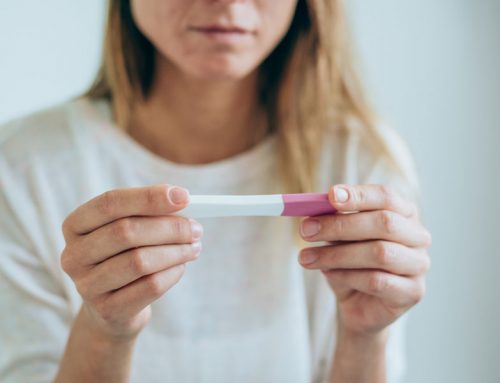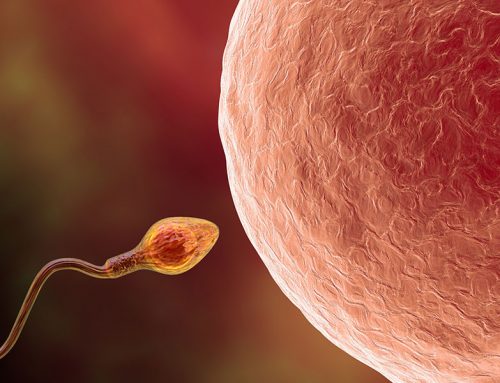
Pregnancy depends upon the sperm’s reaching the egg. Daily supplementation with Coenzyme Q10 capsules is associated with significantly improved sperm density, sperm movement, and normal sperm shape as well as with improved pregnancy rates.
What about infertility problems and Coenzyme Q10, I was asked the other day. Mightn’t the improvement of cellular energy production and the protection against oxidative stress that Coenzyme Q10 supplements give, mightn’t they also help sperm quality and sperm motility? What about Coenzyme Q10 help for the quality of female egg cells?
Coenzyme Q10 and male infertility
Nature Reviews: Urology
In 2011, Dr. Annette Fenner, chief editor at Nature Reviews: Urology, published a note to the effect that supplementation with Coenzyme Q10 improves semen quality parameters and that the improvement in the sperm has been seen to be associated with improved pregnancy rates and live birth rates [Fenner].
Randomized controlled trial results
Italian study: Coenzyme Q10 and sperm motility
In 2009, Italian researchers at the School of Medicine, University of Ancona, in Italy, published the results of a randomized controlled trial. Their research results confirmed the effectiveness of Coenzyme Q10 supplements in improving the quality of sperm in men diagnosed with infertility of unknown origin [Balercia].
Daily supplementation with 200 milligrams of Coenzyme Q10 significantly increased the Coenzyme Q10 concentrations in seminal plasma and in sperm cells and significantly improved sperm motility.
Sperm motility = the measurement of the ability of the sperm to swim forward towards the egg to be fertilized.
Dr. Balercia and the Italian research team concluded that the study results indicate a cause-effect relationship between Coenzyme Q10 levels and sperm motility.
Iranian study: Coenzyme Q10 and sperm density and motility
In 2012, Dr. Safarinejad and a research team at the Clinical Center for Urological Disease Diagnosis, Tehran, Iran, published the results of a randomized controlled trial in which the treatment group of infertile males received 200 milligrams of supplemental Coenzyme Q10 for 26 weeks.
At the end of the 26 weeks, the sperm density and the sperm motility had increased significantly in the Coenzyme Q10 treatment group. The quantity of sperm with abnormal shapes declined significantly in the Coenzyme Q10 treatment group compared with the placebo group [Safarinejad].
Israeli study: Coenzyme Q10 and improved fertilization rates
In 1997, Dr. Lewin and Dr. Lavon, Department of Obstetrics and Gynecology, Hadassah-Hebrew University Medical School, Jerusalem, Israel, treated infertile males daily with 60 milligrams of a Coenzyme Q10 nutritional supplement for 103 days on average. They noted a significant improvement in the treated group’s fertilization rates.
The Israeli researched concluded that daily Coenzyme Q10 supplementation may improve sperm parameters in selective patients. They attributed the beneficial effect of the Coenzyme Q10 supplementation to improvement of the energy-dependent processes in the sperm cells and to the antioxidant prevention of lipid peroxidation in sperm membranes [Lewin].
Coenzyme Q10 and female infertility
Canadian study: Coenzyme Q10 and female egg cells
First, researchers in Canada did studies that showed that Coenzyme Q10 supplementation of aging female mice reduced the depletion of the ovarian reserve and improved oocyte quality. The result of the Coenzyme Q10 supplementation was that the aging female mice ovulated more oocytes, their oocytes had improved developmental potential, and they gave birth to more pups [Ben-Meir].
Ovarian reserve = the extent to which the ovary can produce healthy eggs cells that can be fertilized
Oocytes = immature female reproductive cells from which the eggs to be fertilized develop
Then, the Canadian researchers did tests with middle-aged human females to see if the age-related decline in the quality and quantity of their oocytes would be reversed by Coenzyme Q10 supplementation. The researchers knew that humans, starting in their 30’s, begin to synthesize less Coenzyme Q10 and that the reduced endogenous supply of Coenzyme Q10 cannot be replaced by diet alone. Supplementation is necessary. The researchers knew, moreover, that the onset of the age-related decline in Coenzyme Q10 levels coincides with the declines in human female fertility.
The Canadian results indicated that Coenzyme Q10 supplementation improves the quality and quantity of the human female oocytes and improves the ovarian follicle pool [Ben-Meir].
Coenzyme Q10 supplementation safe and affordable
Women in their 30s and 40s who are having difficulty becoming pregnant may want to try Coenzyme Q10 supplements. The Coenzyme Q10 supplements are safe, they are affordable, and they may well help with pregnancy.
Coenzyme Q10: Energy production and antioxidant protection
The mechanism by which Coenzyme Q10 supplementation improves female fertility may be twofold: Coenzyme Q10 improves cellular energy production processes, and Coenzyme Q10 performs an antioxidant function that reduces the extent of cellular oxidative damage.
Sources
Balercia, G., Buldreghini, E., Vignini, A., Tiano, L., Paggi, F., Amoroso, S., & Littarru, G. (2009). Coenzyme Q10 treatment in infertile men with idiopathic asthenozoospermia: a placebo-controlled, double-blind randomized trial. Fertility and Sterility, 91(5), 1785-1792.
Ben-Meir, A., Burstein, E., Borrego-Alvarez, A., Chong, J., Wong, E., Yavorska, T., & Jurisicova, A. (2015). Coenzyme Q10 restores oocyte mitochondrial function and fertility during reproductive aging. Aging Cell, 14(5), 887-895.
Fenner, A. (2011). Male factor infertility: coenzyme Q₁₀ improves semen quality and pregnancy rate. Nature Reviews. Urology, 9(1), 2.
Lewin, A., & Lavon, H. (1997). The effect of coenzyme Q10 on sperm motility and function. Molecular Aspects of Medicine, 18 SupplS213-S219.
Safarinejad, M. R., Safarinejad, S., Shafiei, N., & Safarinejad, S. (2012). Effects of the reduced form of coenzyme Q10 (ubiquinol) on semen parameters in men with idiopathic infertility: a double-blind, placebo controlled, randomized study. The Journal of Urology, 188(2), 526-531.









Hi. I’m just wondering if ubiquinol supplementation (600-800mg/day) would also be safe DURING pregnancy if one used it to improve egg quality and did get pregnant. Could stopping it during first trimester affect hormones adversely? I’ve heard titrating off would be best. I alao read research that showed that 200mg ubiquionol in women over 20 weeks pregnant improved pre-eclampsia rates. I can’t can’t find anything on the first trimester, though. Thanks!
Hello, Jodie,
I relayed your question to Dr. Judy, and he wrote back that he had had trouble sending an answer directly to you.
Here, below, I will paste in his answer to you.
J Long:
The ubiquinol (reduced CoQ10) product is new to the CoQ10 arena. I know that ubiquinone (oxidixed CoQ10) increases fertility in men by increasing sperm developmemt and activity. The investigator who has been active in the arena is Dr. Gian Paolo Littarru at the University in Ancona, Italy. I have read no studies on the effects of ubiquinol on the female egg development. Since ubiquinol is an antioxidant, it should have an influence on the egg development. The dosage of 600 to 800 mg a day appears to be high for clinical effectiveness.
Years ago, there was a publication about ubiquinone reducing risk of pre-eclampsia. I have seen no such publication on ubiquinol for this condition. The safety of ubiquinol in the female reproduction system should not be a critical question.
Thanks for your question.
William V. Judy, PhD.
President, SIBR Research, Inc.
Jodie, I (Richard) will search Medline for articles about ubiquinone or ubiquinol and pre-eclampsia. Meanwhile, if you will check my seleniumfacts.com website, you will see a report on British studies that show an association between moderate selenium supplementation and reduced risk of pre-eclampsia.
I will get back to you.
Richard